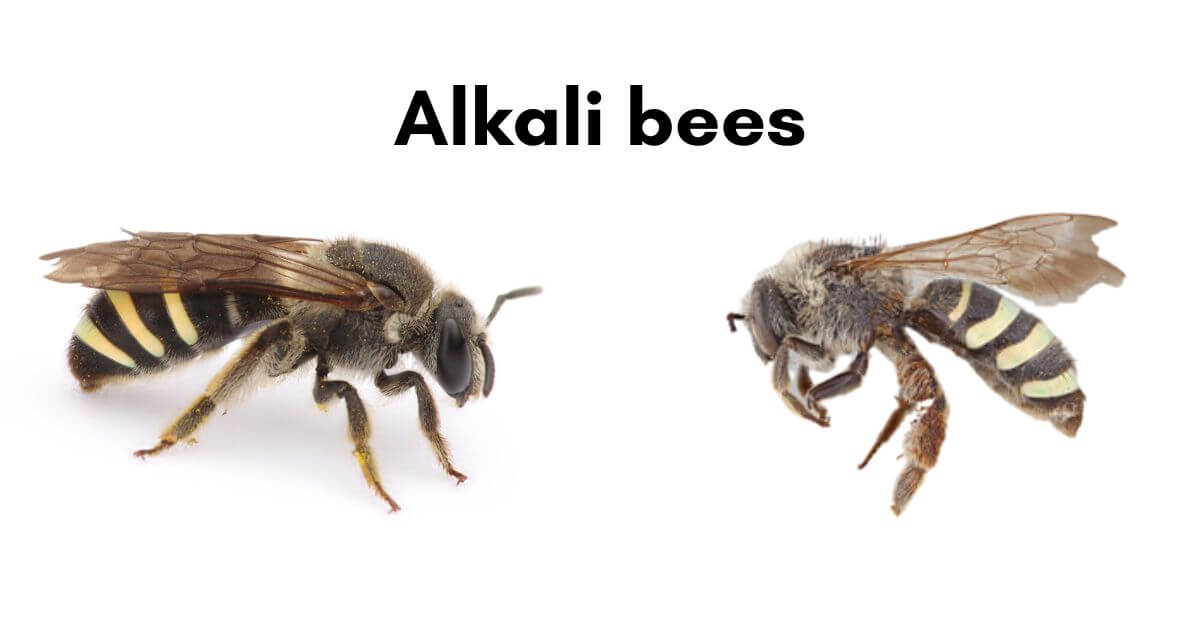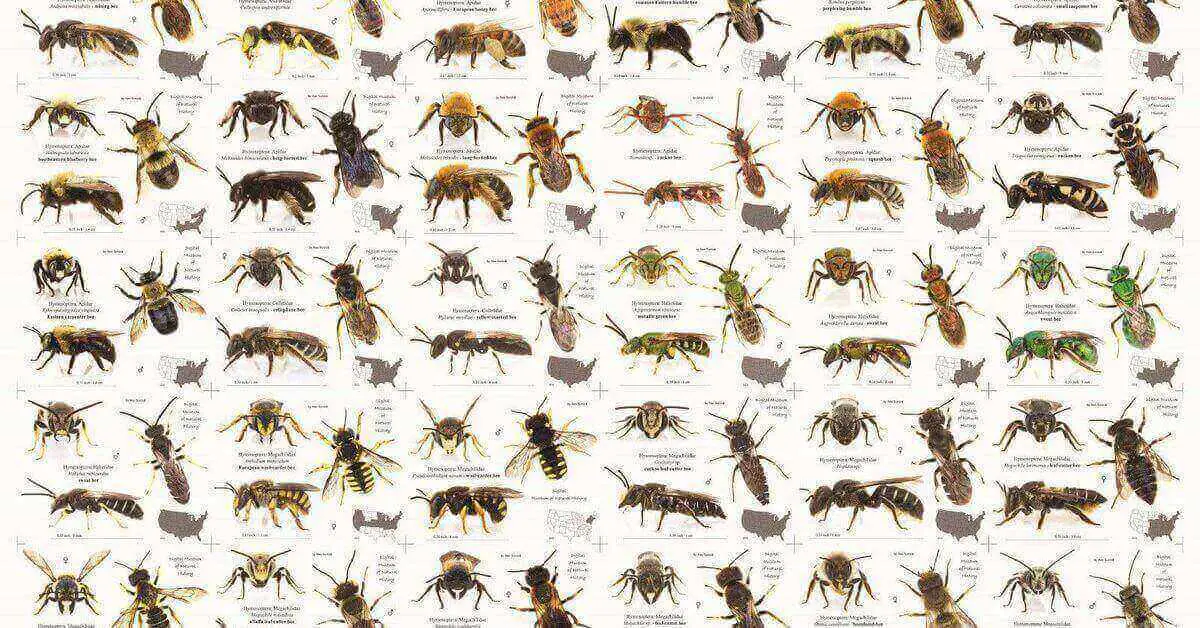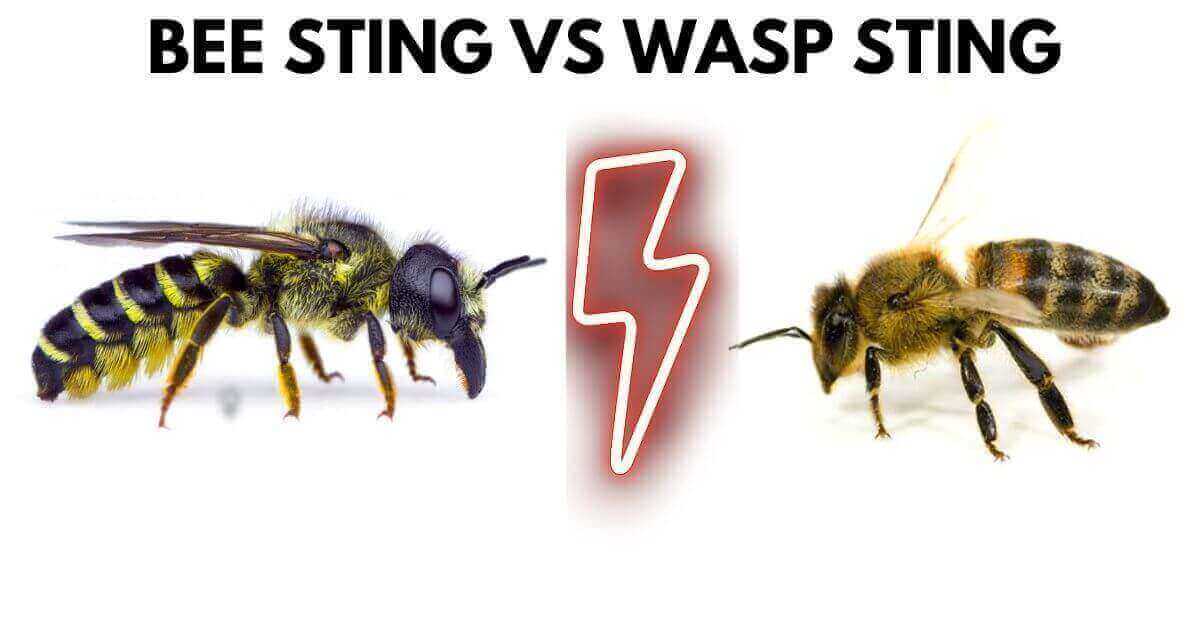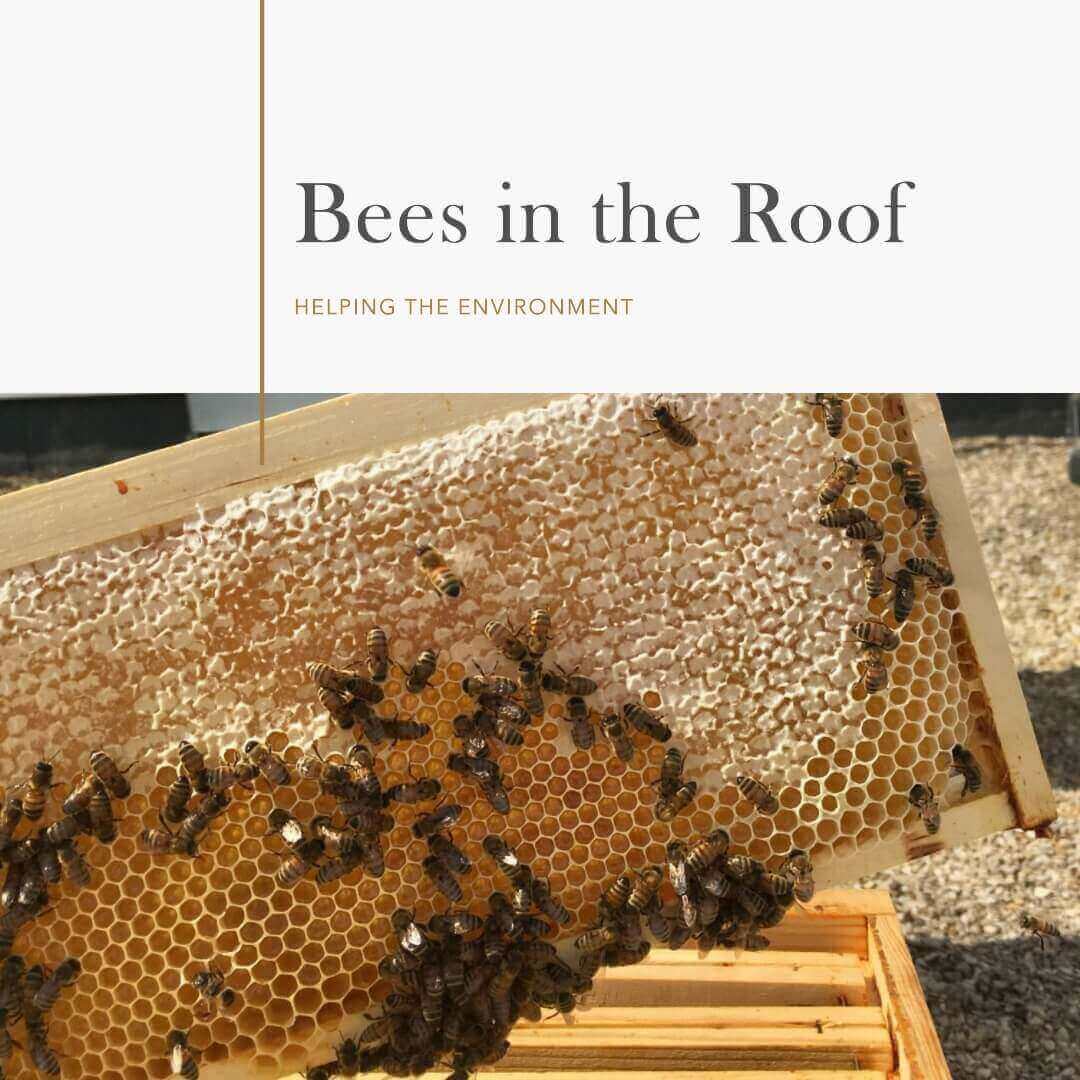The Alkali bee, or Nomia melanderi, is a type of sweat bee from the Halictidae family. These bees are native to arid and semi-arid areas of western North America, where they live as solitary ground-nesting insects.The Alkali bee is an important pollinator of alfalfa crops and other flowering plants in its habitat.
Alkali bee Identification.
The Alkali bee, known for its crucial role in pollinating North American plants, is active during spring and summer months in alkali soils with high salt levels and low organic matter. Alkali bees are solitary bees, meaning that they do not live in hives like honeybees and do not produce honey. Instead, female alkali bees construct individual nests in the ground, where they lay their eggs and provide food for their offspring.
Do Alkali bees make Honey?
Unlike honeybees, Alkali bees are not known for their honey-making abilities. While honeybees are known for their elaborate hives and honey production, Alkali bees are solitary ground-nesting bees that do not form colonies or produce honey. Instead, they are important pollinators of alfalfa crops and other flowering plants in their habitat.
Nest
Alkali bees have an interesting and unique nesting behavior. They dig individual nests in the ground and provision them with pollen and nectar for their offspring. Female Alkali bees collect pollen exclusively from alfalfa flowers, making them important pollinators of this crop. In fact, they are often used as a commercial alternative to honey bees for pollinating alfalfa fields.
Alkali Bee Behaviors
The Alkali bee has adapted to its harsh environment by developing certain behaviors and physical traits. Some behaviors allow it to thrive in alkali soils. For example, the bee has a shorter tongue than other species of bees. The shorter tongue allows it to collect nectar from the shallow flowers that are common in alkali soils. Additionally, the bee has a special gland that allows it to excrete excess salt from its body, which helps it to tolerate the high salt levels in the soil.
Related Articles:
- White-banded bees Identification.
- Anthidium manicatum biography.
- Osmia Lignaria Life Cycle: From Egg to Adult Bee
Alkali Bee Pollination
The importance of the Alkali bee in pollination cannot be overstated. These bees are essential for the survival of many plant species in North America, including important crops like alfalfa. Without the Alkali bee, these plants would not be able to reproduce and grow, which would have a significant impact on both the ecosystem and the economy. Therefore, it is crucial that we continue to study and protect this important species of bee.
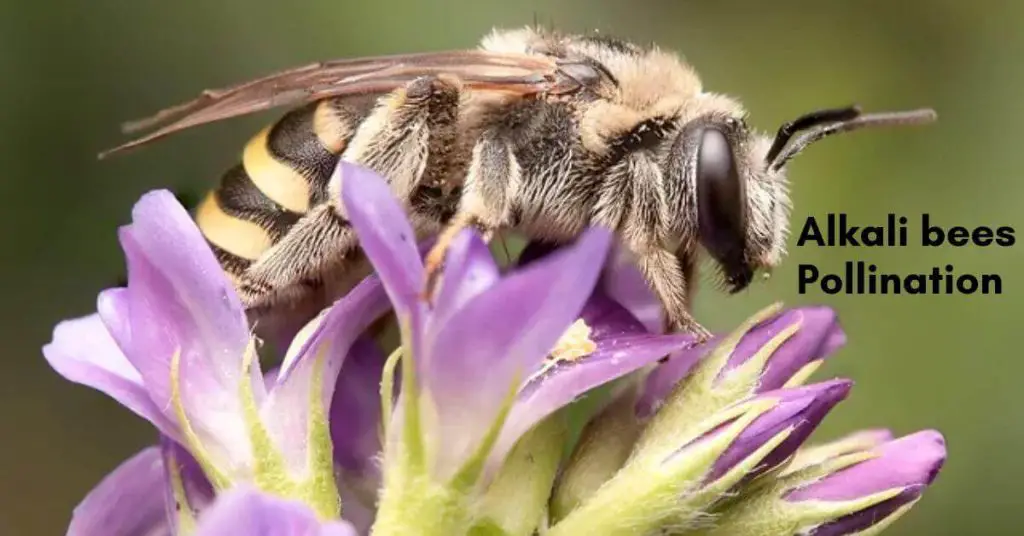
Conclusion
Alkali bees can sting if provoked, they are generally not aggressive towards humans. However, they are valuable pollinators for alfalfa crops and other flowering plants, although they do not produce honey.

